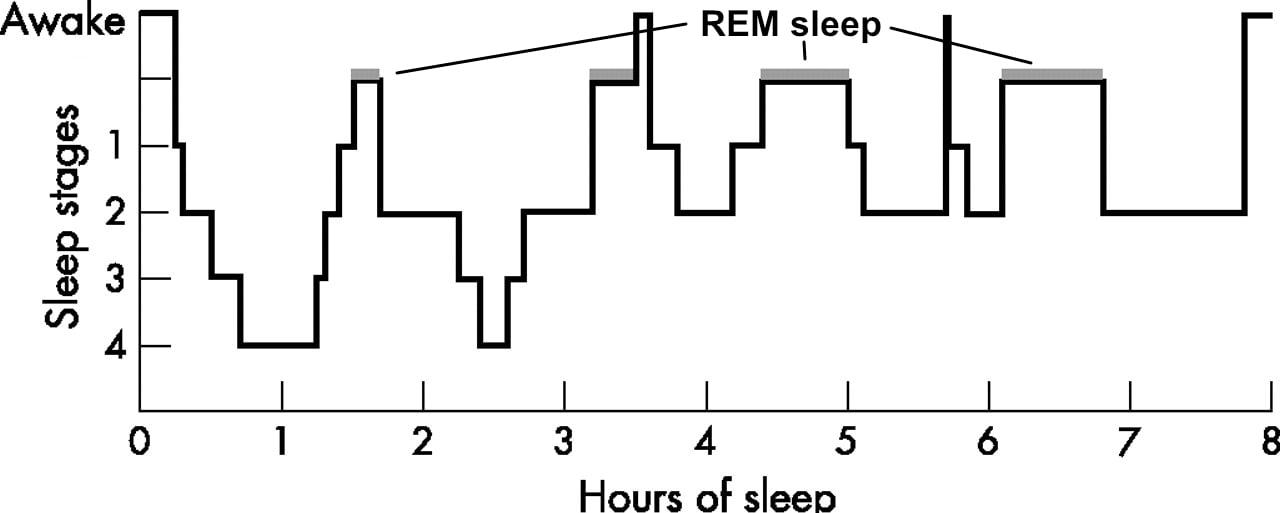The question "What is sleep?" may seem simple at first glance, but its answer is, unfortunately, quite complex. Sleep is commonly defined as 'a normal, recurrent period of rest of the organism, accompanied by a lowering of the level of consciousness and, as a result of this, a state of being relatively closed off from the outside world.'
The Duration of Sleep
On average, a person sleeps about 8 hours per night, with variations throughout life. At birth, sleep duration exceeds 15 hours and gradually decreases until the age of 15. Afterward, it remains relatively constant, except for a slight decrease in old age. Interestingly, beyond 35 years, time spent in bed tends to increase, while sleep duration slightly decreases, potentially leading to sleep-related problems.
The variability in sleep duration intensifies with age, with notable differences between individuals. Absent of sleep disturbances, there are distinctions between short-sleepers and long-sleepers. For instance, historical figures like Napoleon and Churchill were known to require minimal sleep, while Einstein was recognized as a long-sleeper. Determining an absolute minimum or maximum for an individual's sleep needs is challenging. The adequacy of sleep is often inferred from daytime functioning; if there are no complaints during waking hours, the assumption is that nocturnal sleep is sufficient.
Sleep Phases
Apart from the 24-hour cycle of waking and sleeping, sleep comprises distinct phases with a roughly 90-minute cycle. Sleep onset, a drowsy phase, transitions into light sleep (phase 2), lasting 10 to 20 minutes. Deep sleep phases follow, characterized by reduced susceptibility to arousal. As the night progresses, the amount of deep sleep decreases, while the REM (rapid eye movement) sleep phase, marked by vivid dreams, becomes more prominent. Later in the night, when sleep is shallower, awakenings are more frequent due to increased REM sleep

The structuring of sleep, including the time spent in different phases, exhibits considerable variation among individuals and is influenced by age. Newborns, for example, spend roughly half their sleep time in deep sleep and the other half in REM sleep, while in adolescence, these proportions change to 17% and 25%, respectively. Deep sleep further diminishes with age.
The Function of Sleep
While the precise function of sleep remains unclear, many theories highlight its restorative aspects. Deep sleep is often associated with physical restoration, while REM sleep is considered crucial for emotional recuperation. Despite ongoing research, the multifaceted role of sleep in maintaining overall well-being continues to be an intriguing subject.
More on sleep disorders on the next page.

